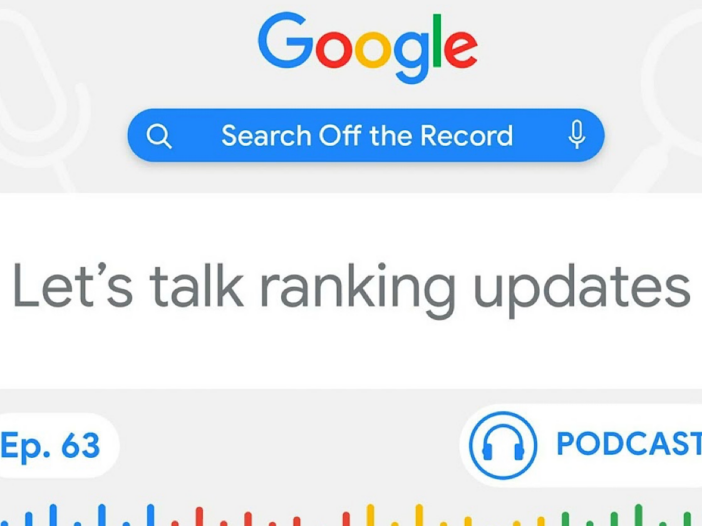Subscribe to receive featured episodes and staff favorites once a month.
EP 520- Recent Developments in Patent Law Part One
SHOCKING Insights from Clio’s 2024 Legal Trends Report
New Study Asks if Having a Lawyer Boosts Workers Comp Payments
In an age dominated by digital content, law firms are breaking free from traditional marketing methods and increasingly turning to alternative avenues to connect with their audience – and two standout mediums taking the forefront are: podcast and video. These platforms offer a unique and effective way for law firms to humanize their brand, disseminate information, optimize SEO efforts, and establish themselves as thought leaders in the legal industry.
Podcasts and video bring a refreshing human element to the often formal and intimidating world of law. By showcasing the faces and voices behind the legal expertise, law firms can bridge the gap between professional services and personal connection. Through conversational tones and visual cues, these mediums allow firms to present a relatable and approachable image, fostering trust and a deeper connection with their audience and potential clients.
In a world where time is of the essence, podcasts and videos provide a concise and engaging means of communication. Legal concepts and information can be conveyed quickly and effectively, helping potential clients grasp complex topics. These mediums also allow law firms to cater to a broader audience’s preference for bite-sized, easily digestible content.
Beyond legal expertise, clients want to connect with the people behind a brand. Podcasts and videos offer a window into the personalities, values, and ethos of a law firm, as well as allow legal professionals to connect with their audience on a more personal level. By putting a face and voice to your firm, clients can develop a sense of trust and familiarity – crucial elements in a field where the stakes are often high (and personal).
Lawyers are known for their demanding schedules. Podcasts and videos provide a time-efficient way to disseminate information without the need for lengthy written content. These media formats also save your clients time, since content can be consumed either while commuting, exercising, or during other activities – without disrupting their daily routines.
Becoming a thought leader in the legal industry requires more than traditional marketing efforts. Podcasts and videos provide an ideal platform for lawyers and law firms to share insights, discuss trends, provide expert commentary, and deliver valuable information to showcase their expertise and establish credibility within their niche. This not only attracts potential clients but also enhances the firm’s reputation within the legal community.
In an era where AI tools and models can generate vast amounts of content, authenticity becomes essential in your marketing efforts. Podcasts and videos allow law firms to break through the noise and deliver authentic, unscripted content. Genuine conversations, spontaneous discussions, and the ability to react in real-time create a level of authenticity that resonates with audiences, setting law firms apart in a crowded digital landscape.
In addition to their humanizing effects, podcasts and videos wield a subtle yet impactful influence on a law firm’s SEO efforts. Search engines increasingly prioritize multimedia content, and by incorporating podcasts and videos into your digital strategy, you can optimize your online presence.
Moreover, sharing this engaging content across various platforms not only broadens your audience reach, but also contributes to backlinking and social signals, crucial factors that search engines consider when ranking websites. In an era where online presence is paramount, podcasts and videos emerge not only as a conduit for authentic communication, but as potent tools to ascend the ranks of digital visibility and reinforce a law firm’s standing in the competitive legal landscape.
In the dynamic landscape of legal marketing, podcasts and videos emerge as powerful tools for law firms to connect with their clients on a more personal level. By embracing these mediums, law firms can convey expertise, build trust, and stand out in an era where authenticity holds unparalleled value. In the realm of legal marketing, the human touch is proving to be the most compelling element of all.

Sign up to receive featured episodes and staff favorites once a month.
Newsletter Signup










